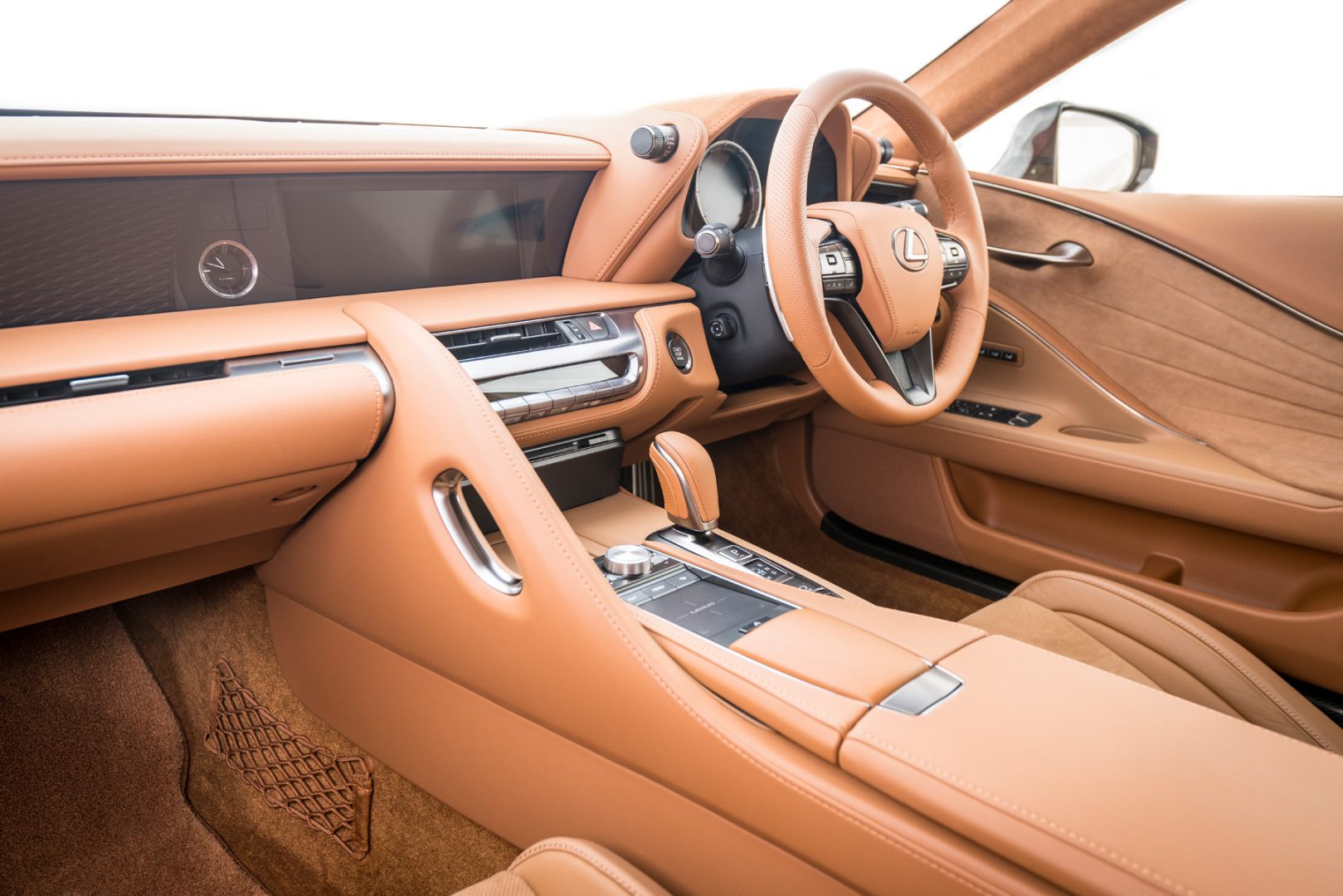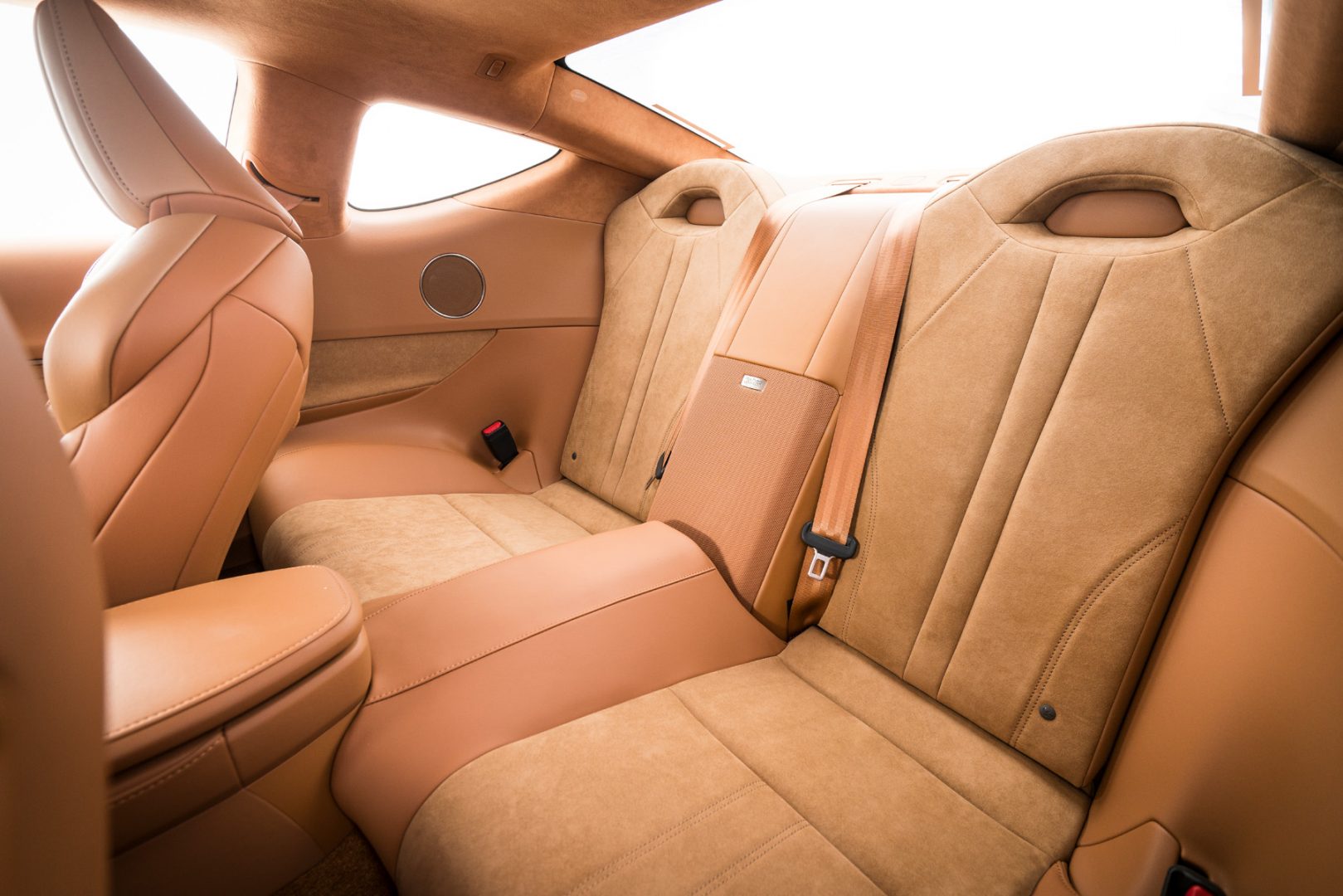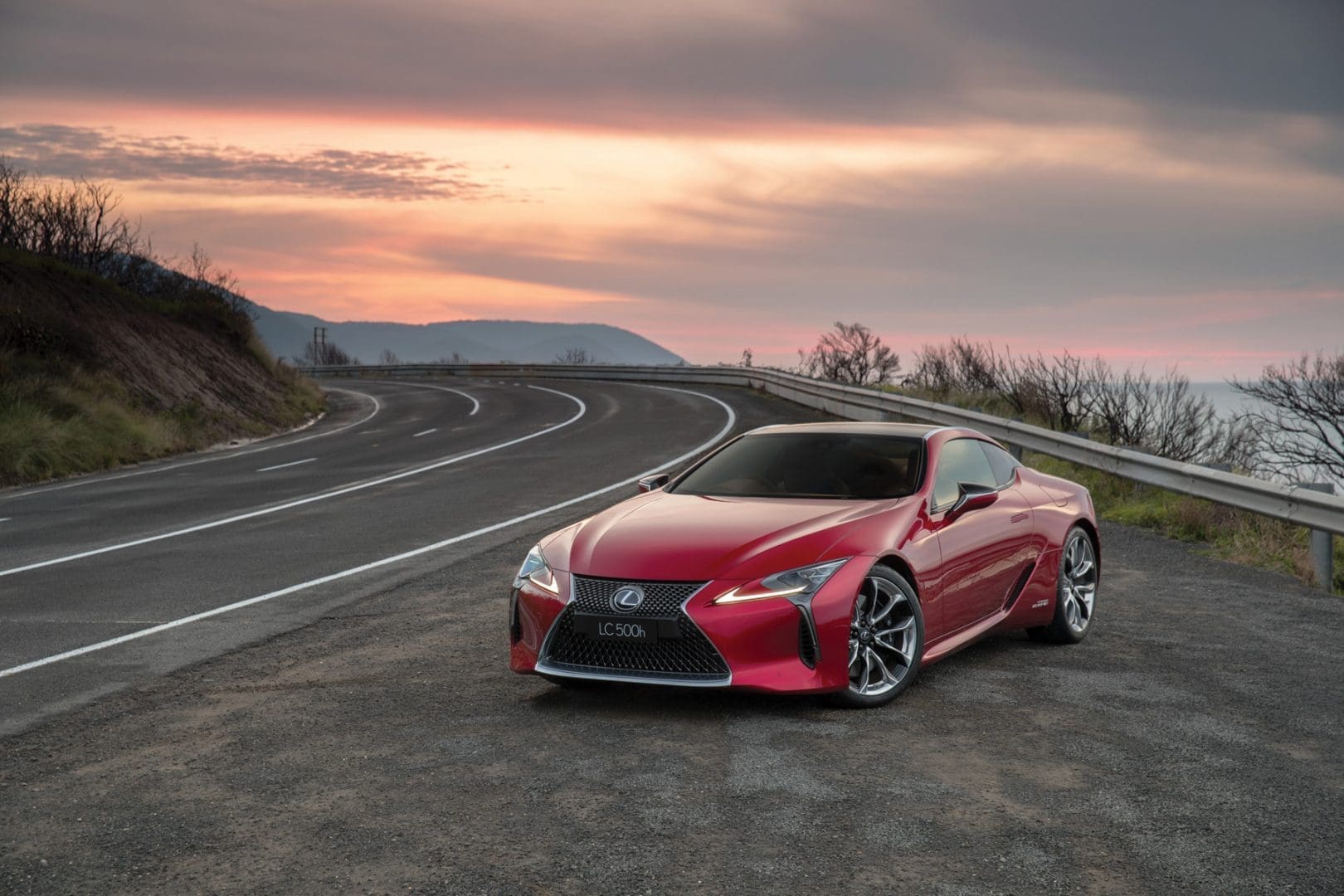The Self Charging, Hybrid Lexus That’s Changing Our Future
At the time of this writing, plans are being made for our future by those who lead us. The results of which are tepid climate targets with no repercussions. What these plans lack is any sort of actual change, style, and something everyone wants to get on board with. These are all things Lexus and it’s drivers have in spades. While the name Lexus has been synonymous with luxury for decades, new Lexus buyers can add brave design and self-charging hybrid electric to the moniker.
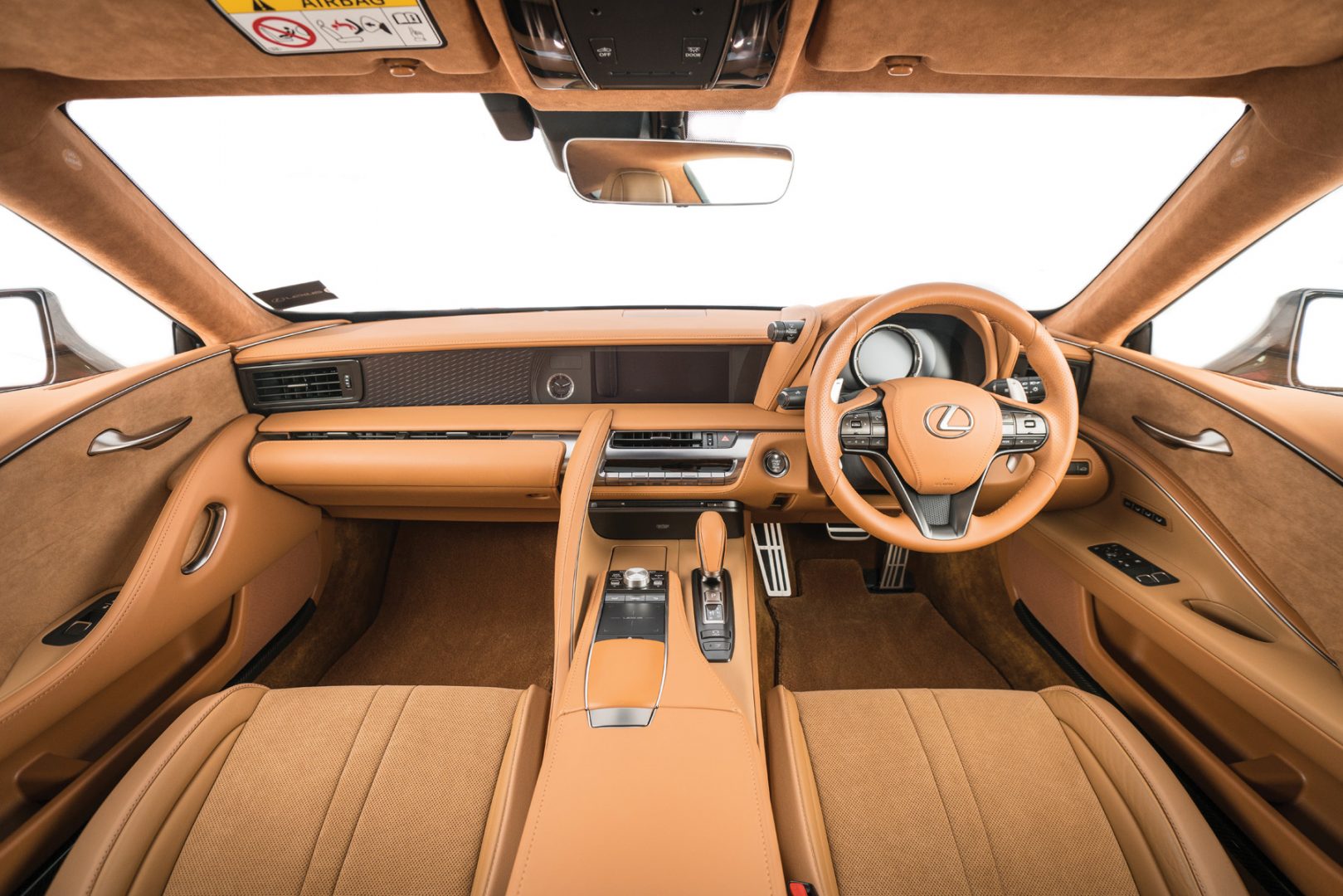
Today, a new Lexus buyer is more likely to buy a hybrid Lexus, than a traditional petrol driven version. Almost half of all new Lexus cars and SUVs sold in New Zealand these days are hybrids, underscoring the desirability and quality of the technology. With heartening figures like these, we hardly need things like tax incentives to get people to make the jump, and with regional fuel taxes keeping prices high, you can imagine it’s not a hard decision to make the jump to a hybrid.
With that said, Paul Carroll, Lexus Senior General Manager, says that while the Lexus hybrid system does save drivers money at the pump, that is not the core reason why they sell so well.
“Lexus drivers just want the best car in their price range. The new compact UX self-charging hybrid electric uses less fuel and delivers more power than its petrol-only equivalent. The hybrid system is very clever, smooth and quiet,” Paul says.
This isn’t a new development either, Lexus has been pushing the hybrid market since the mid-1990s. Refinements from that era has led to Lexus launching the world’s first premium hybrid in 2005, the RX 400h crossover. Lexus has sold more than 1.4 million hybrid vehicles worldwide.
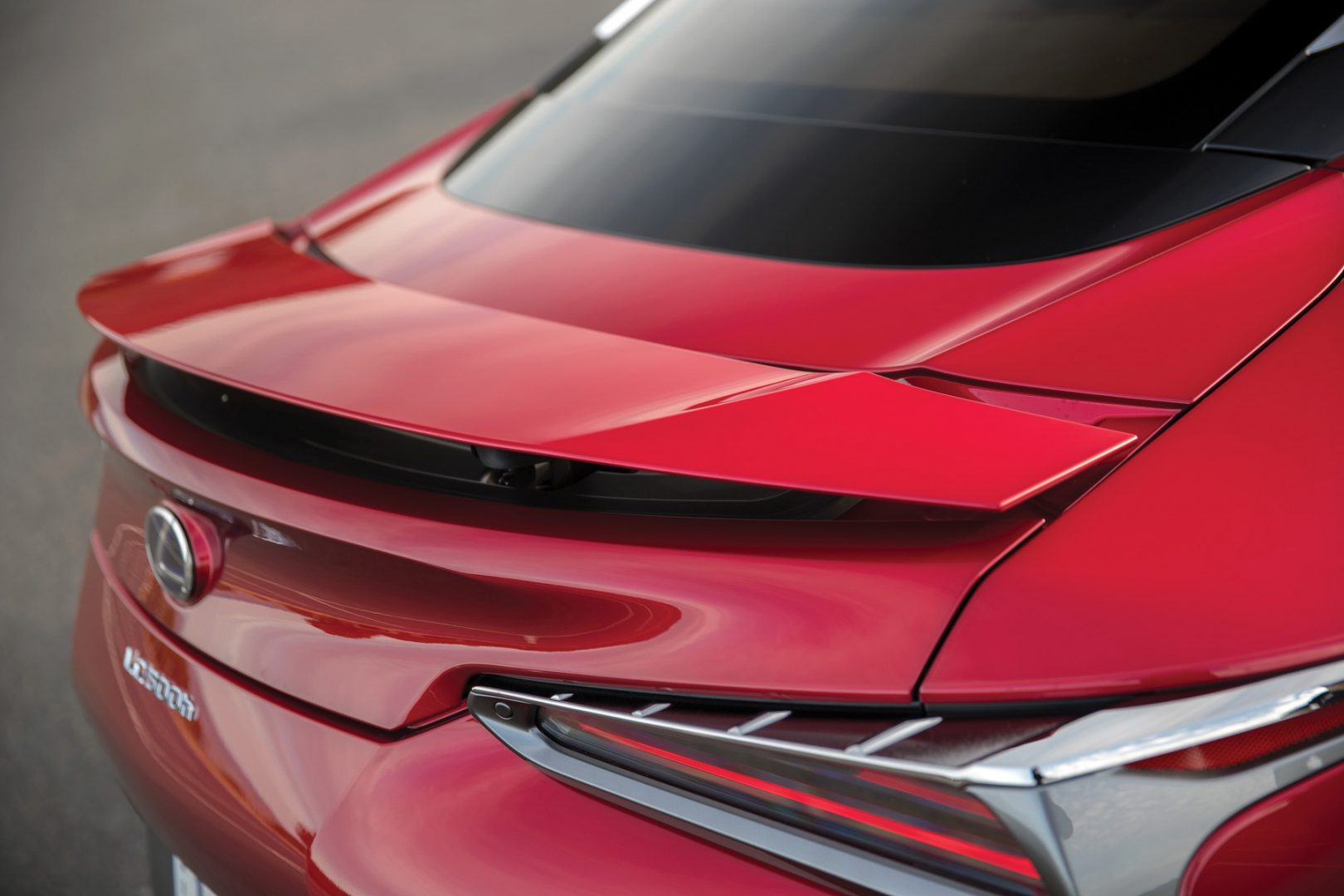
Since then, their range has expanded to have something for everyone. Today, nine different hybrid models are offered in New Zealand, from the LC 500h luxury coupe, right through to their new addition, the UX 250h luxury compact SUV.
These, along with the ES 300h and LS 500h, make up the fourth generation of hybrids the company has to offer. This generation of improvements include a four-stage shift system which, in tandem with the E-CVT drivetrain it attaches to, replicates the feel of a ten-speed gearbox to significantly improve feel and control. Things have gotten more compact in terms of battery as well.
The new lithium-ion batteries are 20% smaller and 20kg lighter than its predecessors, but still hold substantially more than a NiMH equivalent.
Lexus hybrid engines reduce harmful gas emissions in regular use, but at lower speeds in the fully electric (EV) mode, you can say goodbye to emissions entirely as your fuel goes unused. When cruising or accelerating slightly, the front electric motor is able to propel the car with electric power supplied by the hybrid battery. At this point, the vehicle is almost silent, uses no petrol and produces zero emissions.
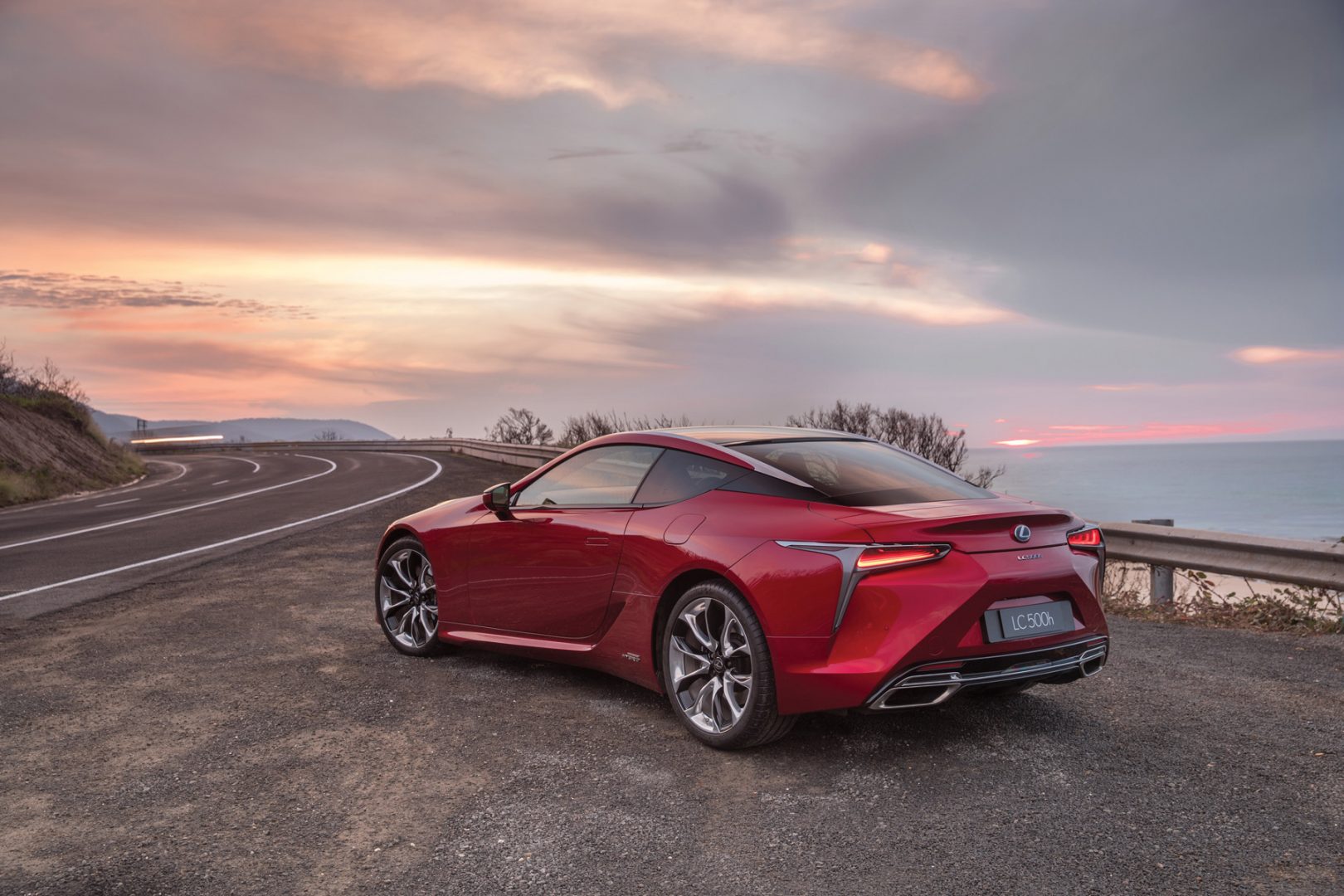
While the Lexus hybrid system can take advantage of the familiar typical stop/start city driving, it’s self-charging hybrid electric range does not need to stop for charging. Instead, it uses a combination of its electric motor and internal combustion engine to recharge the hybrid battery, which makes it perfect for longer commuting outside of town.
They’re a fun drive, and with a proven reliability record over some 60 billion kilometres of driving worldwide, a Lexus hybrid battery is designed to last.